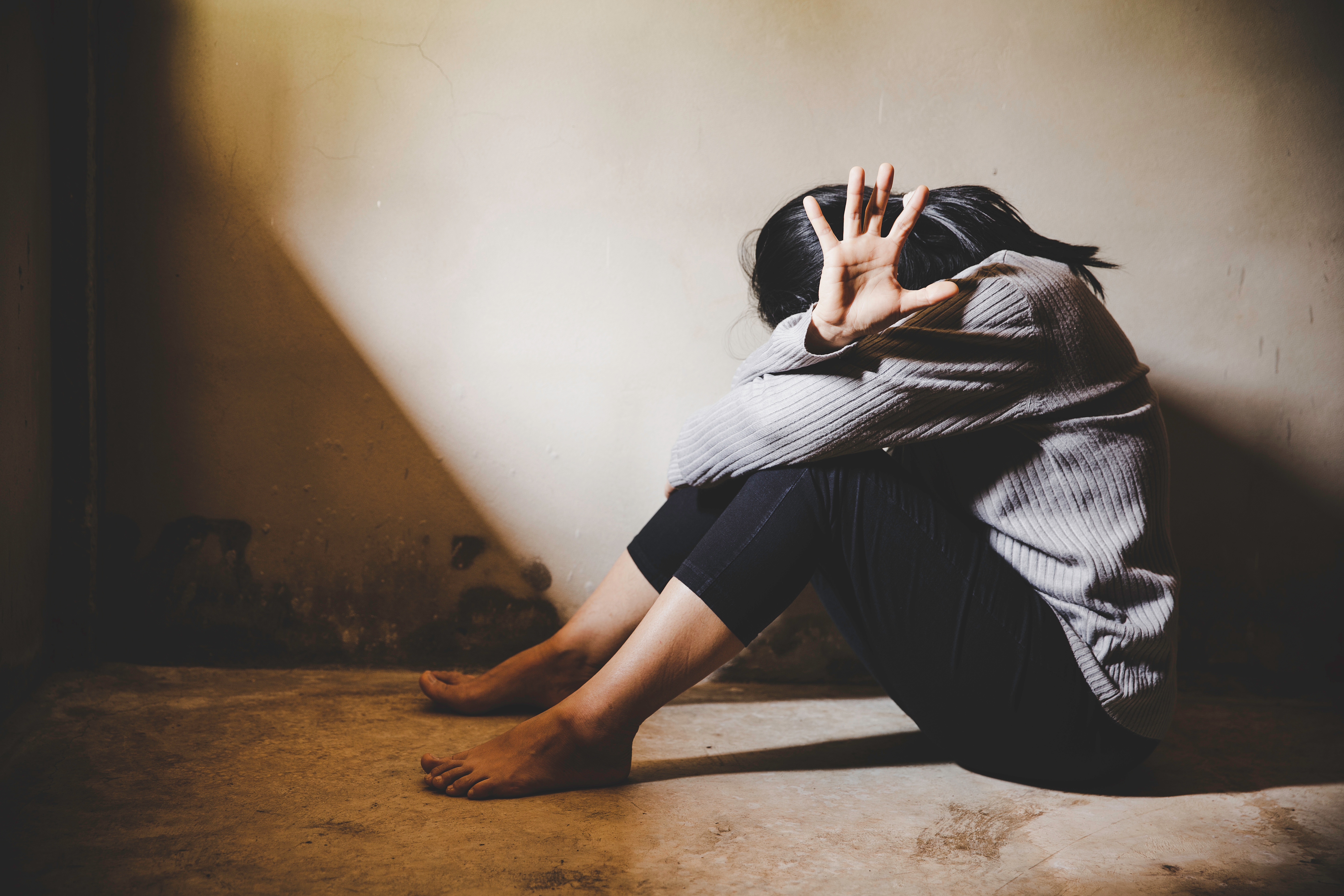The Effects of Military Sexual Trauma
MST can lead to severe mental health issues, homelessness, substance abuse, and suicide. Male MST survivors are four times more likely to have attempted suicide than Veterans with PTSD who are not MST survivors. Survivors may also experience difficulties in their personal and professional lives.
Long-Term Impact of MST on Survivors
The trauma experienced during MST can lead to a range of psychological and emotional challenges that may persist long after the incident occurred.
One of the most common long-term effects of MST is PTSD. Survivors may experience intrusive memories, nightmares, flashbacks, and intense distress when reminded of the trauma. They may also exhibit avoidance behaviors, such as avoiding people, places, or situations that trigger memories of the MST. PTSD can significantly impact a survivor’s daily functioning and lead to feelings of isolation and detachment.
Depression is another common long-term effect of MST. Survivors may experience persistent feelings of sadness, hopelessness, and worthlessness. They may lose interest in activities they once enjoyed and struggle with motivation and energy levels. In severe cases, depression can lead to suicidal thoughts or attempts. Male MST survivors are four times more likely to have attempted suicide than Veterans with PTSD who are not MST survivors.
MST can have a profound impact on survivors’ relationships. Survivors may experience difficulties with trust, intimacy, and communication, which can strain their relationships with partners, family members, and friends. Some survivors may struggle with sexual dysfunction or avoid sexual contact altogether due to the trauma they experienced.
Other potential long-term effects of MST include:
- Anxiety disorders
- Substance abuse
- Eating disorders
- Chronic pain
- Sleep disturbances
- Difficulty maintaining employment

